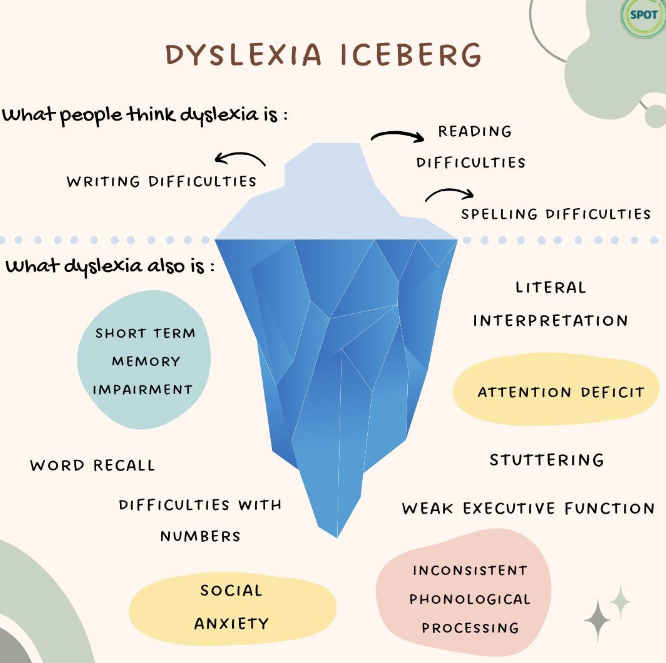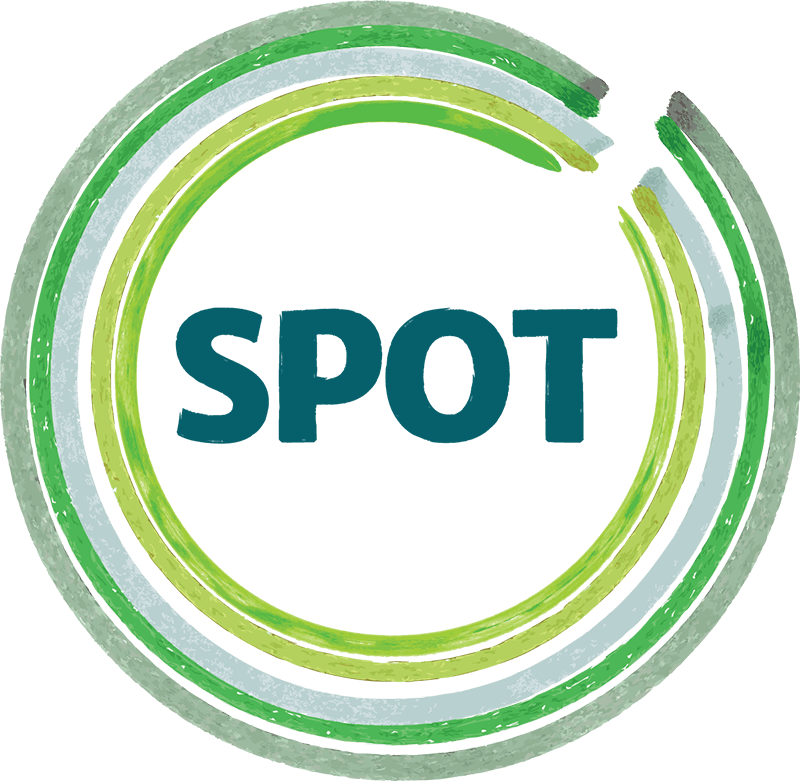Reading, writing and spelling difficulties spring to mind when you hear the word ‘dyslexia’. Dyslexia is also a whole lot more, for example, social anxiety, memory recall challenges and stuttering to name a few. Here is a short summary from our team to summarise what dyslexia is.
Dyslexia, also called a reading disability, is a learning disorder that results from differences in the brain responsible for the processing of language.
People with dyslexia might struggle with phonological processing, meaning some might have difficulty remembering individual letters and sounds, especially rhymes. For kids aged 5-12, they might have trouble identifying similar alphabets, for example, confusion over “b”, “p” and “d”. Signs in teens and adults also come in forms such as difficulty doing math problems and learning a new language and organisation challenges.
Although people with this learning disorder might have a slower level of processing such as late talking, difficulty with literal interpretations, and inconsistent comprehension levels, studies have shown that Dyslexia is not linked to their Intelligence quotient (IQ), hearing or vision. (National Institutes of Health, 2011)
For children with dyslexia, accommodations such as listening to audiobooks in replacement for reading or trying on a tablet as an alternative to writing are ways to aid children’s success in school. As early assessment and intervention result in the best outcome, please contact our medical professional or a psychologist for an evaluation if needed. For details please visit our website https://buff.ly/3hpOhd5
Credits:
https://buff.ly/37ODHqm
@girlwithdyslexia
